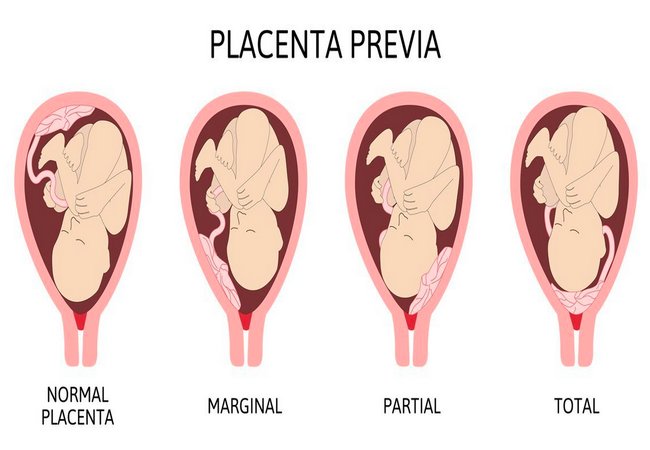Nursing Strategies for Working with Childbearing Client Experiencing Crisis and Grief
What Do You Mean by Grief?
Grief is a multifaceted response to loss, particularly to the loss of someone or something that has died, to which a bond or affection was formed. Although conventionally focused on the emotional response to loss, it also has physical, cognitive, behavioral, social, cultural, spiritual and philosophical dimensions.
What Do You Mean by Loss?
Loss is defined as having something or someone leave or be taken away from you, a feeling of grief when something is gone.

Nursing Strategies for Working with Childbearing Client Experiencing Crisis and Grief:
Nursing strategies for working with childbearing client experiencing crisis and grief:
- Anticipate the potential for crisis and grief For example, clients who receive news of a high – risk condition, particularly a condition requiring a change in life style or having long- term implications, may be expected to experience crisis.
- Assess the event itself and its implications for the clients’ health and well-being.
- Assess the responses of the client and family in light of their religious and cultural backgrounds.
- Provide an atmosphere of privacy and confidentiality to encourage the client to express her filings.
- Allow adequate time to discuss the high – risk condition and the family’s feelings. Listen carefully, but do not make unrealistic promises, such as “Everything will turn out fine'”.
- Having another nurse temporarily “cover” other clients can allow die staff nurse the opportunity to talk uninterrupted with a client in crisis.
- Help clients identify physical, emotional, and behavioral responses related to crisis and grief. Reassure clients when responses are normal. Promptly enlist the assistance of mental health resources if a client’s responses pose a threat to the health or safety of herself or others.
- Ensure that the client receives support in coping with crisis and grief. Assist the client in identifying sources of support within her own network of family and friends. Offer to speak with significant others if the client so desires. Provide the client with referrals, for example, for appropriate support groups for telephone hotline assistance, for relevant counseling, or for appropriate financial aid services. Make certain that a plan for follow up of the client experiencing crisis and grief is implemented (e.g. telephone contact at intervals or home visits if appropriate).
- Communicate with other healthcare providers directly involved in the family’s care so that a consistent and supportive approach may be implemented.
- Provide a mechanism to deal with tension on the part of health care providers, such as interdisciplinary staff conferences, so that staff members can discuss their own feeling related to working with clients in crisis and grief.
Nursing Strategies to Help Families Prepare for the Birth of an Abnormal Infant:
Nursing strategies to help families prepare for the birth of an abnormal infant:
- Accept the family’s decision to have an abnormal child; avoid imposing one’s personal values or opinion.
- Identify the potential for crisis related to birth of an abnormal infant, even in the best of circumstances.
- Make certain that a consistent collaborative approach is used among all health care providers.
- Make certain that the client is well educated about the potential status of the infant.
- Assist them in identifying ways in which they will inform others about the infant.
- Provide referrals to counseling and to’ support groups, such as parents of children with down syndrome.
- Make certain that preparations are made prenatally, if the infant’s condition may be expected to required specialized equipment and services.
- Discuss realistically the positive aspects of the expected infant. Assist the parents to have the best delivery and early parenting experience possible.











